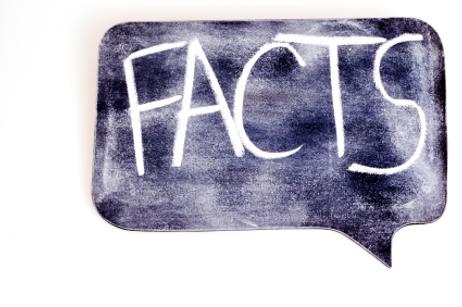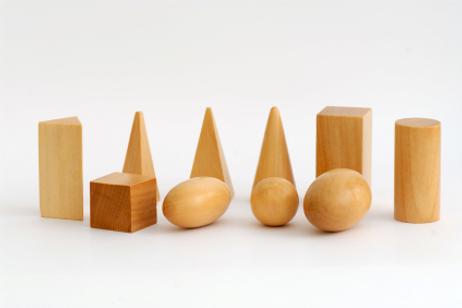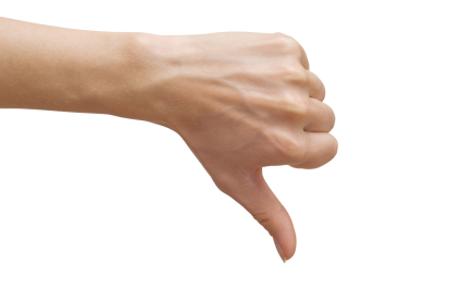Table of Contents
1. Introduction to Free Private Schools
. 2. Free Private Schools in the United States
3. Supporting Free Private Education
-------------------------------------------
Introduction to Free Private Schools
There are only a handful of free private schools in the United States. Most of them were founded many years ago by visionary, community-minded individuals who believed that children from working-class and poor families should have the same educational advantages as children from families with money. Several schools have a religious connection, such as Regis High in New York and


































